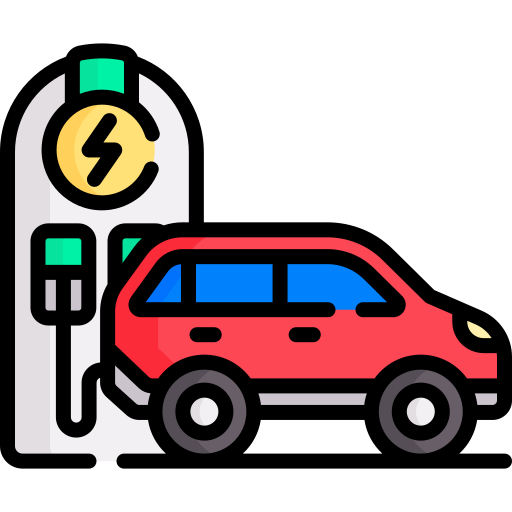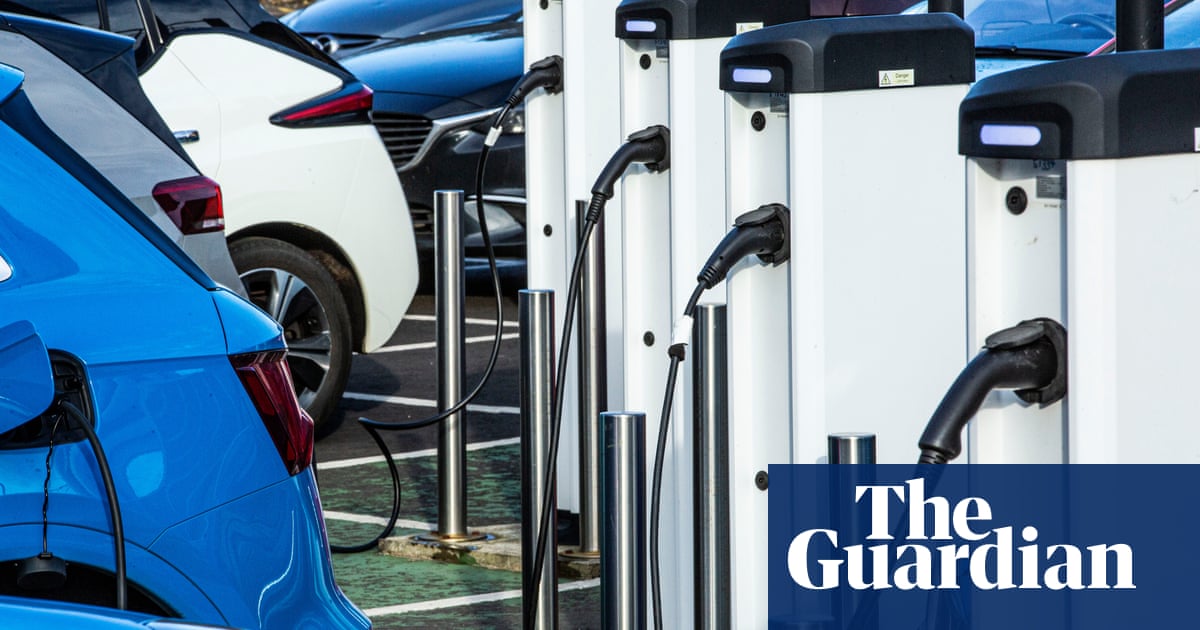Car manufacturers have called for urgent action to reignite the switch to electric vehicles, after sales figures showed slowing demand among ordinary motorists for battery-powered cars.
While overall UK registrations grew by 1% in April year-on-year to 134,000, the increase was caused by fleet sales, with private buyer sales down by almost 18% on last year.
Manufacturers are alarmed by slowing sales growth in battery electric vehicles, which in the first four months of 2024 have only increased market share by 0.3% from the same period in 2023, to 15.7%, despite the rapid take-up in previous years.
While the industry expects the figure to improve this year, the Society of Motor Manufacturers and Traders (SMMT) said that BEV sales would be below government targets of 22% of all new cars, and called for steps to “re-enthuse” buyers, including tax cuts, incentives and more chargers.>



Double the mpg for a decent diesel gives about 11p/mile, which is what I get most of the time.
Driving 8k miles per year that nets a £680 saving per year. That does not justify changing vehicles. Even a 5 grand difference in price would not be acceptable to most people imo. Even dropping road and luxury taxed barely change it.
If you double the mpg, you should double the miles per kWh, as 3 isn’t very good either. I choose those numbers because that is my old diesel van vs my new EV van. 30mpg is generous and 3mpkwh is conservative. But the EV is a bit smaller, so that’s about right.
I do about a thousand miles a month. I save about 20.23p per mile. So I save about £202 a month just on fuel.
The numbers of pence per kilowatt hour for an EV does not change dependent on the comparison to a petrol or diesel car. If we are talking about the efficiency savings, we would expect greater savings for the EV compared to a petrol car doing 30 mpg versus the comparison to a diesel car. And 3 miles per kilowatt hour isn’t that unreasonable, you are not going to get 4 except in specific circumstances.
I think it’s obvious that the more miles per unit time, the quicker an EV will pay off. But then, one does need to charge at home so the other challenges (off road parking, long enough between use periods) makes a large difference. It does not surprise me that it works better for you with a works van and high mileage, where it can be classed as a business expense with BiK bonuses. But it doesn’t help Joe bloggs who does 6k/year at a push.
I’d like to buy an EV. I expect my next car to be one, whether I like it or not, and I’ve set everything up including solar panels to wring out every efficiency I can. But with this tax system and fuel cost differences the sums don’t add up for me, and most other people.